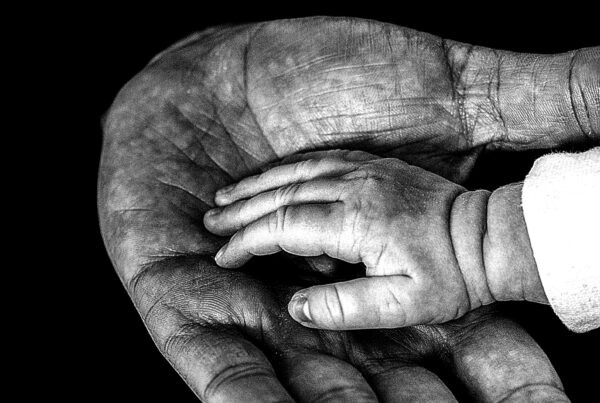The Practical Christian Life
The Practical Christian Life
“So speak ye, and so do”
James 2:12
It is in the practical applications of His truth that grace becomes essential to living a life that pleases Him. Apart from His grace, our being a holy expression of His Life will elude us. Often, we are content with grace as a sentiment rather than the imparted power to reveal His life.
Grace unites our speaking with our doing. His Life is a spiritual dispensation and cannot be apprehended by fleshly endeavors. Faith is the vehicle by which grace is received, the enablement to grow into His likeness.
“By whom also we have access by faith into this grace wherein we stand, and rejoice in hope of the glory of God”
Romans 5:2
Much more than a sentiment, grace is the power of God to rise above our fallen nature.
“For by grace are ye saved through faith”
Grace is a dispensation of power received through the conduit of faith. It is the unmerited wonder of God infusing the soul with the transforming power of His Life. The salvation which is the result of true grace will be accompanied by the corresponding works of His Spirit.
“For by grace you are saved, through faith, and this not of yourselves; it is the gift of God; not of works, that not anyone should boast; for we are His workmanship, created in Christ Jesus unto good works, which God before prepared that we should walk in them.”
Ephesians 2:8-10
The creative power of this new life is to be expressed in “good works”. Stagnant and unfruitful lives result from a faith that is in word only.
Our fervent desire should be to live a life congruent with His truth; doing is the revelation of Grace.
“So speak ye, and so do”
See: Psalm 23 – His Anointing Oil – (from the Book – Paths of the Shepherd)
Brian Troxel
⊃⊂
PRACTICAL CHRISTIANITY
By F.B. Meyer
“For as the body without the spirit is dead,
so faith without works is dead also.”
Jas 2:26.
“JAMES IS described as “the Lord’s brother” in Gal 1:19. He was surnamed “the Just,” and was much respected beyond the limits of the Christian Church for his saintly life. While St. Paul deals specially with doctrine, James is concerned with practice; Paul expounds the wonderful significance of Christ’s death and resurrection; James expounds the teaching of our Lord, especially in the Sermon on the Mount. Paul insists on faith as the means of justification before God; James lays stress on the works to which faith must lead.
It seems likely that James had seen Paul’s Epistles, for he uses so many of the same phrases and examples, and probably set himself to combat those who abused the teaching of the great Apostle. There were plenty in his time who believed about Christ, and prided themselves in the orthodoxy and accuracy of their creed, and James maintains that this is not sufficient to save the soul.
As far as orthodoxy goes, no creed can be more absolutely orthodox than that held by evil spirits. Repeatedly, during our Lord’s life, they acknowledged that He was the Holy One of God, but their belief had no effect on their character; it only filled them with fear and dread Jas 2:19).
“Faith without works is dead.” It is good to test ourselves. We must see to it that our heart is pure and our way absolutely transparent. In our dealings with those around us, we must always seek to realize our highest conceptions of love and duty. Even when our efforts of goodwill and affection are not reciprocated, we must never lower the high standard of our action, but always keep before us the conception of our Saviour’s life in the Home at Nazareth. Be merciless to yourself, but always merciful to others, always bearing the burdens of those around you, always moderating your pace to the weak and weary, as Greatheart did for the pilgrims. Even Rahab was justified by a faith which wrought itself out in beautiful and unselfish action (Jas 2:25; Heb 11:31). Remember our Lord’s words in Mat 7:20-21.”
F.B. Meyer
“Wherefore by their fruits, ye shall know them. Not every one that saith unto me, Lord, Lord, shall enter into the kingdom of heaven; but he that doeth the will of my Father which is in heaven”
Matthew 7:20-21
Grace is the means to living
A Practical Christian Life
Brian Troxel





